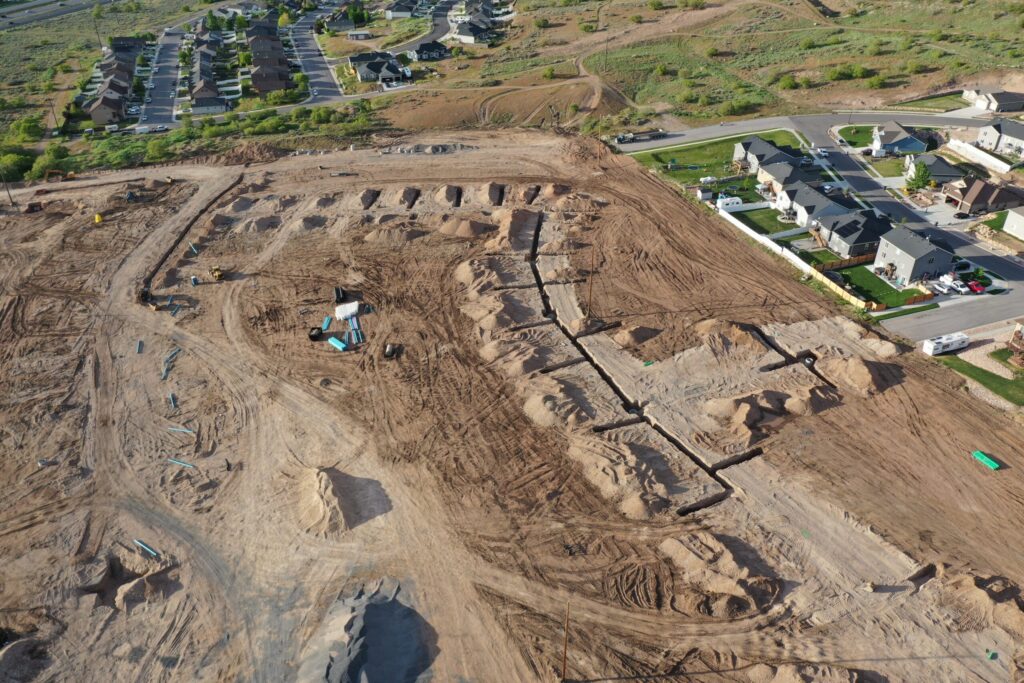Municipal engineering services play a crucial role in shaping modern cities, ensuring the development and maintenance of essential infrastructure. From road networks to water management systems, municipal urban engineering integrates technology and planning to support sustainable urban growth.
Cities rely on municipal engineering firms to provide expertise in designing, constructing, and maintaining public utilities. These services include stormwater management, transportation planning, and sanitation infrastructure. The integration of these elements ensures a functional and efficient urban environment, contributing to the overall quality of life for residents.
How Municipal Urban Engineering Enhances Infrastructure and Public Safety
Municipal urban engineering focuses on creating a safe and efficient urban landscape. Infrastructure projects managed under this domain include the construction of roads, bridges, and drainage systems. By utilizing advanced engineering techniques, municipal engineering firms enhance the durability and safety of public structures.
Public safety is a top priority in urban planning. Municipal engineering services ensure that water supply networks, waste disposal systems, and roadways are designed with safety in mind. Proper drainage systems prevent flooding, while well-planned traffic management solutions reduce congestion and accidents. The role of municipal engineering firms extends beyond construction; they are responsible for continuous maintenance and improvement of these infrastructures.
The Role of Municipal Engineering Firms in Sustainable Urban Development
Sustainability is a core aspect of modern urban development. Municipal engineering firms implement eco-friendly solutions such as green infrastructure, renewable energy integration, and environmentally responsible waste management systems. By focusing on sustainable municipal urban engineering, cities can reduce their carbon footprint and enhance resilience against climate change.
Stormwater management, for example, is a critical component of municipal engineering services. Engineers design permeable pavements, rain gardens, and retention basins to minimize water runoff and reduce urban flooding. These sustainable practices not only improve environmental conditions but also reduce long-term maintenance costs.
Technological Innovations in Municipal Engineering Services and Their Impact on Urban Planning
The integration of technology in municipal urban engineering has revolutionized infrastructure planning. Smart city solutions, Geographic Information Systems (GIS), and Building Information Modeling (BIM) are some of the key innovations used by municipal engineering firms to enhance efficiency and accuracy.
Digital mapping and real-time data analysis allow engineers to assess urban infrastructure needs effectively. Predictive modeling helps in identifying potential structural failures before they become major issues, ensuring proactive maintenance. By leveraging these technologies, municipal engineering services contribute to smarter, more resilient urban environments.
Conclusion: Why Municipal Engineering Services Are Vital for the Future of Urbanization
Municipal engineering services are the backbone of urban infrastructure, ensuring cities remain functional, safe, and sustainable. Municipal urban engineering plays a pivotal role in designing and maintaining critical public utilities, contributing to the overall development of communities.
As urban populations continue to grow, the need for well-planned infrastructure will only increase. Municipal engineering firm will play an essential role in addressing these challenges by implementing innovative and sustainable solutions. Through continuous advancement and strategic planning, municipal engineering services will shape the future of urban living, ensuring efficient and resilient cities for generations to come.



